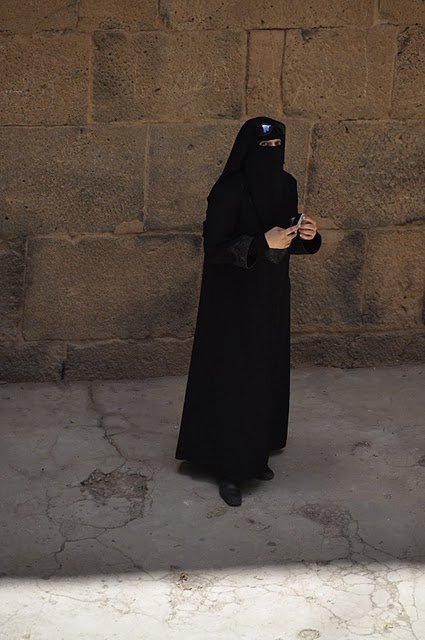by Ingrid Burke, RAPSI
Legal consequences are mounting up in the aftermath of the shocking discovery by authorities last week of nearly 70 devotees of an obscure sect that had been living underground in total isolation from society for the past decade in the Russian region of Tatarstan. Child abuse charges have been launched against sectarian parents for having raised their children in such an environment, and “arbitrariness” charges have been launched against sect-leader Faizrakhman Satarov for having organized an unregistered religious sect.
The premises and devotees
According to the Tatar presidential press service, the sect lived in underground catacombs extending eight stories into the earth. The dwelling was comprised of more than 30 small rooms, and was completely lacking in natural light and ventilation.
The press services report stated that, "During the investigation, despite the presence of children on the premises, sect members attempted to open up gas tanks. Electrical wires were randomly scattered around the floor, which can lead both to short circuiting and fires, and can thus be directly lethal to children. The sewage system lacks an external drainage system, and all of the sewage thus accumulates under the building, which causes a strong odor. A protracted stay in these catacombs could cause the spread of infection, toxemia, and death. A number of external symptoms of anemia and tuberculosis have already been discovered."
Among those discovered in the catacombs were 15 men, 23 women, and 27 children. Of the children, 13 - including three infants - were promptly brought to a local hospital for medical treatment. According to Kazan Assistant Prosecutor Irina Petrova, medical treatment was necessary for these children due to threats to their lives and health.
Sectarian children and their parents’ consequences
Presidential Commissioner for Children’s Rights Pavel Astrakhov addressed the plight of these children with RIA Novosti Wednesday, explaining that, “According to our data, all of the children discovered underground had parents; none were orphans.”
He went on to explain that considering their upbringing, the children will not be returned to their parents care until the latter have received extensive psychiatric treatment: "Sadly, the rehabilitation of the victims of this sect will take quite a long time and will require professional help. Only after the sectarian parents undergo the appropriate treatment should they regain custody of their children." The sectarian children were distributed among local orphanages after being treated and identified.
Speaking with RIA Novosti, Petrova explained, “"The head of this organization prohibits its members from contacting medical facilities and receiving any medical care, its children from attending school; that is, he violated [the members'] constitutional rights, particularly to education and health/medical care."
The leader and his consequences
Satarov, a bedridden 83-year-old Ufa native, formerly served as a mufti in the 1970s before breaking away from mainstream Tatar Islam in favor of starting his own mosque. Satarov Mosque, not having been granted recognition by the Muslim Board of Tatarstan, has always been privately owned. Its devotees have become increasingly secretive and isolationist over the years.
Satarov currently stays active in the religious community by writing books in Tatar and Arabic, and by employing protégé Gumarov Ganiev to act on his behalf. Satarov maintains that anyone that fails to live by the word of the Koran is an enemy to his sect, including government authorities.
Petrova told RIA Novosti that, "With regard to the head of the unregistered Faizrakhman religious organization, criminal proceedings have been filed against him under the 'arbitrariness' article. The prosecutor has also issued a warning to Satarov about the inadmissibility of extremist activity, which indicated that if this organization continues its illegal activities, it will be abolished and its activities banned." Specifically, Satarov has been charged with having organized an unregistered religious organization.



